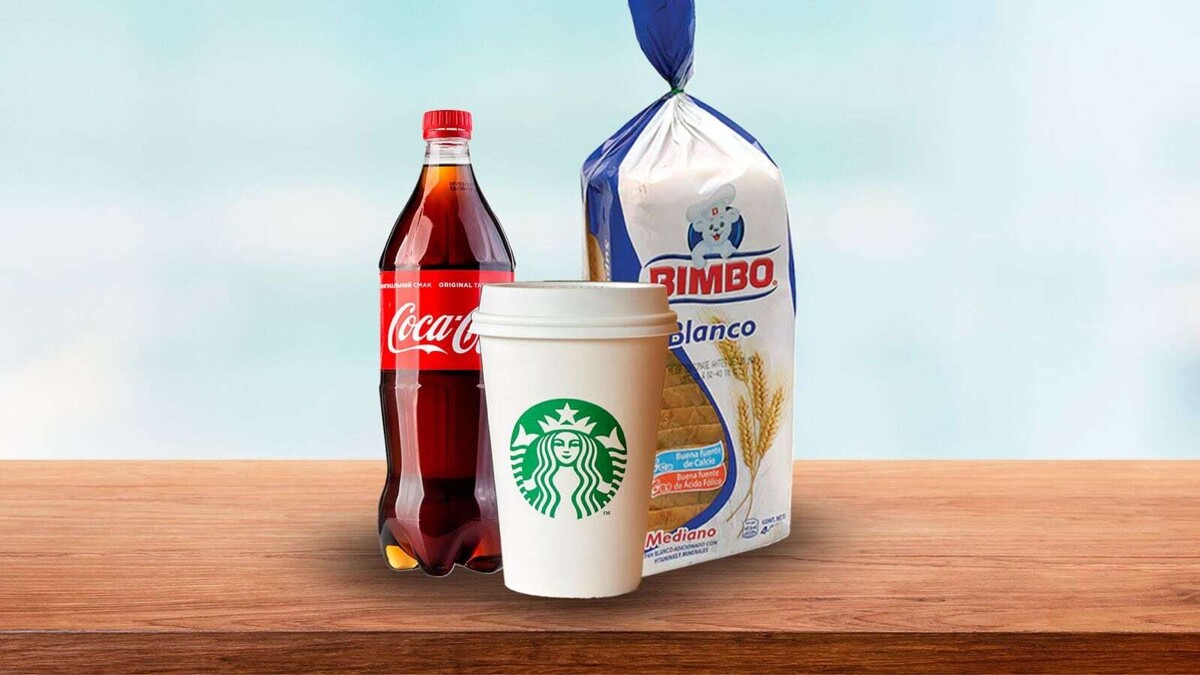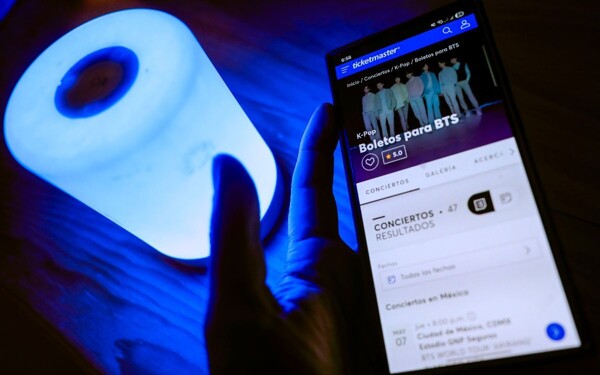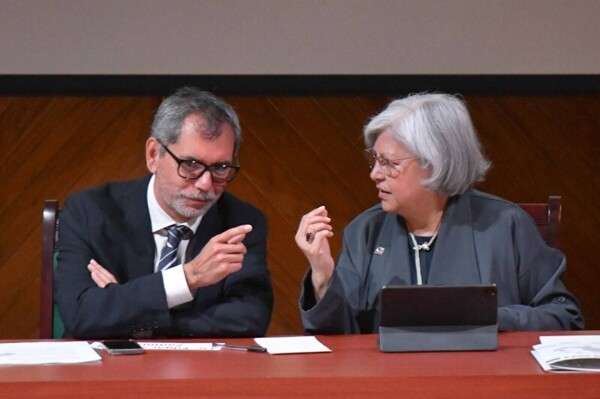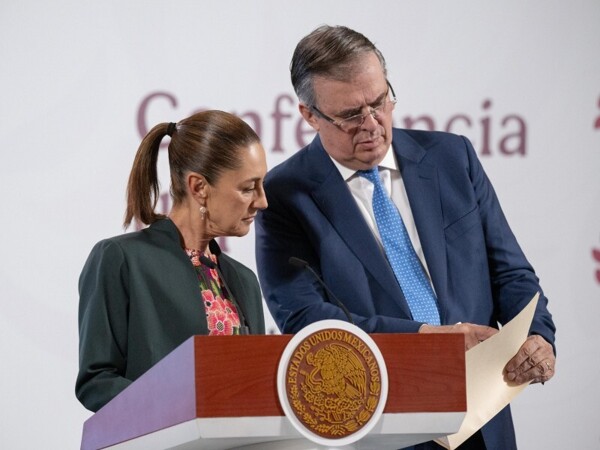
Mexican companies such as Coca-Cola Southwest, Grupo Bimbo, Coca-Cola FEMSA, Alsea, Arca Continental, and Kimberly Clark are facing challenges due to tariffs imposed by the United States and inflation. Despite this, some of them are less affected thanks to the United States-Mexico-Canada Agreement (USMCA).
Regarding Coca-Cola Southwest, they have mentioned that thanks to their hedges, they will mitigate a large part of the impact of tariffs on aluminum cans in the United States, representing less than 1% of the cost of sales in that country. They highlighted that their business is primarily local, so both their exports to the U.S. and raw materials have a limitation.
Grupo Bimbo emphasizes that most of its exports to the United States are protected by the USMCA, so the current tariffs do not have a significant direct impact on the company. However, they acknowledge that the inflationary environment in the United States could lead to adjustments in consumption.
Coca-Cola FEMSA has experienced a slight slowdown in consumption in the first quarter of the year due to economic uncertainty. They reported a 2.2% decline in their volume, influenced by lower consumer confidence and adverse weather conditions.
Arca Continental, the second-largest Coca-Cola bottler in Latin America, reported that they have had a complicated start to the year in the United States, mainly due to consumer uncertainty and caution. They note that the only impact of the tariffs imposed by the United States has been on aluminum, affecting finished products.
In the case of Kimberly Clark, an impact of $300 million is estimated due to tariffs between the United States and China. Although most of what they sell in the United States is manufactured locally, they will experience an impact on the costs of raw materials coming from China, Mexico, and Canada, which represents 10% of their total costs. The 145% tariffs imposed by the United States on China account for two-thirds of the estimated gross impact of the $300 million.














